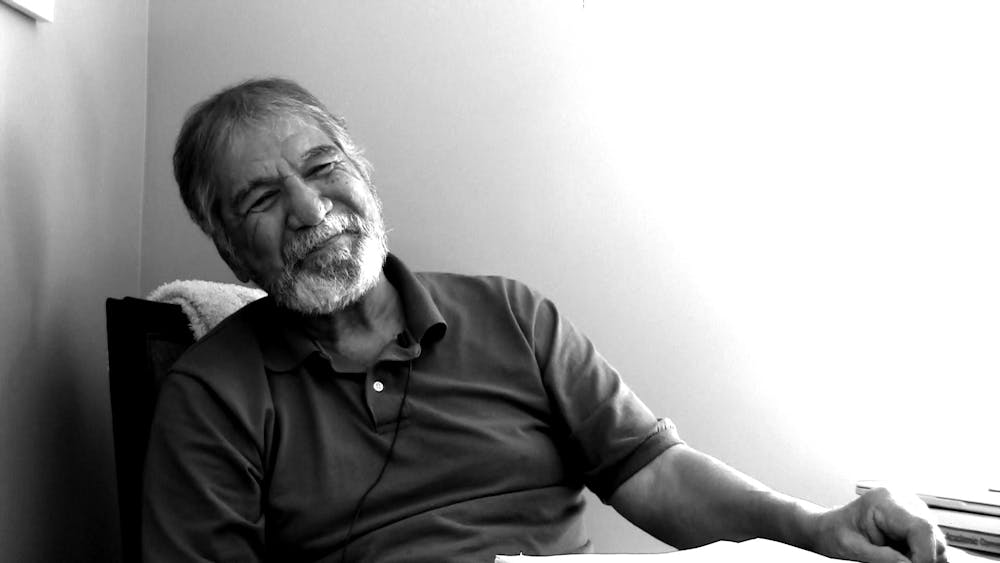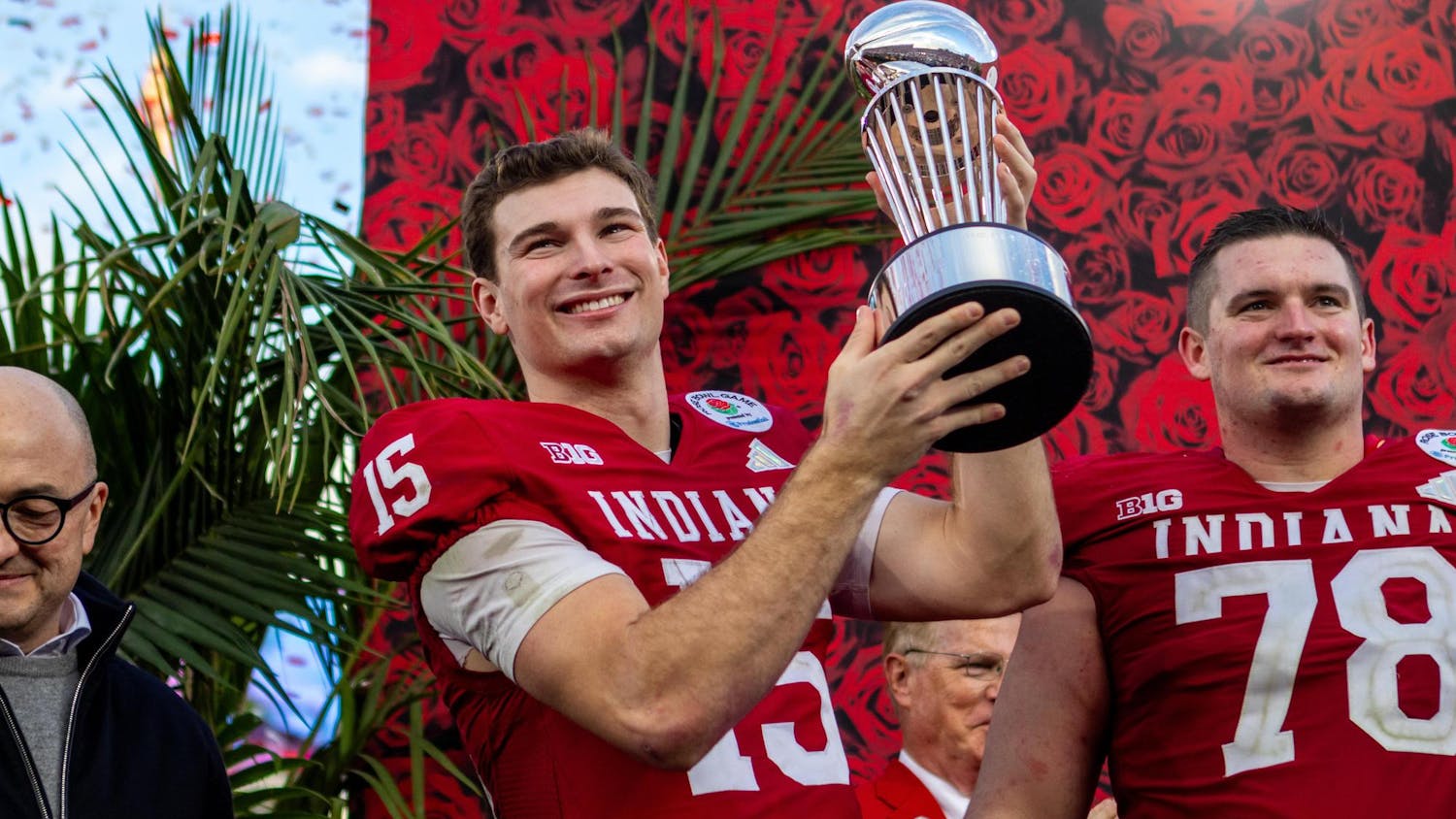Hoosier poet Gilbert Arzola has been writing private poetry since his senior year of high school. Now, in his 60s, he published his first book of poetry.
His book "Prayers of Little Consequence" features around 40 of his poems, written at different ages and published by Passager Books, a Baltimore publishing company. He said his lyrical poetry is completely autobiographical.
Arzola said writing allowed him to make sense of the injustices he experienced and witnessed during his life.
“Writing was my therapy,” Arzola said. “I worked it out so I could survive, so I could get through it.”
Arzola was born to two Mexican migrant workers in 1952 in Austin, Texas. They met picking cotton in Arkansas. He moved to North Judson, Indiana, a predominantly white town, when he was three. When he turned 12, he began working on Richard Gumz Farm nine to ten hours a day weeding, irrigating and harvesting the field.
“It was just how it was, you know?" Arzola said. "We just didn’t think about it too much."
The Arzolas lived in a tenant house that belonged to the farm. The heat came from a coal stove, there was no inside bathroom and for years they had no running water. He worked before and after the school day, during the winter and over breaks, juggling school sports seasons, too.
In eighth grade, his middle school teacher praised him for having written an “exceptional” short story, which she read aloud to the class.
“It was the first time, I think, that anyone had ever said anything like that about me that wasn’t something physical,” Arzola said.
He said he began to read and write more, escaping to the public library for hours to read Ernest Hemingway, J.D. Salinger and Carl Sandberg and eventually psychology and philosophy. However, Arzola said it wasn’t cool for boys to take interest in writing during that time, so he kept his short stories to himself.
He went to college, left early to join the army and worked at a utility company for 38 years.
During this time he married, had two daughters and bought his parents a new house after his father was injured and couldn’t work, risking eviction from the tenant house. He continued to write during these years, occasionally publishing individual poems.
He kept most of his work private because he said it showed the vulnerability he was hiding inside from past years of torment by some teachers and classmates.
“I didn’t want to appear weak,” Arzola said. “It’s like I have a suit of armor on, and now I’m taking that armor off. And that’s the scariest part of it to me right now.”
In first grade, his teacher asked the class to wash their hands after recess. She told Arzola to wash his hands twice, since she couldn’t tell if his brown hands were clean, unlike his white peers.
Arzola’s poetry explores growing up, getting older, death, being Mexican-American and his parents’ struggles.
Kendra Kopelke, an editor of Passager Books, wanted to make a book out of Arzola’s poetry after reading his submission to the Passager Poetry Contest in 2019. His poem won out of 1,500 submissions.
“There’s a kind of clarity and authenticity,” Kopelke said about Arzola’s work. “You feel that you’re reading a poem by someone who is speaking to you directly and sincerely.”
Passager picked around 40 of Arzola's poems to publish in the book "Prayers of Little Consequence." They strategized the order of the poems in the book, offered title suggestions and designed the cover.
Kopelke said she hopes Arzola will like making his poetry public. She said he is very private.
Arzola has coached softball for about 30 years. His former players say he taught them about good character, and that sports are not always about winning.
“He got to know all his players as people, and genuinely cared about your emotional wellbeing,” Bri Jodvin said, who played for Arzola when he coached at the school formerly known as Purdue North Central, currently Purdue University Northwest.
Arzola said he wants to show readers he is just as vulnerable as they are.
“You can’t hide behind some kind of persona that you’re trying to portray all the time,” Arzola said. “Poetry brought me back to what I thought I truly was.”
Arzola will give a reading of his poetry book from 11a.m. to 2 p.m. Feb. 23 at Don Quijote Restaurant in Valparaiso, Indiana.
CORRECTION: A previous version of this article misstated the name of the restaurant Arzola will be reading at. The restaurant is called Don Quijote. The IDS regrets this error.






